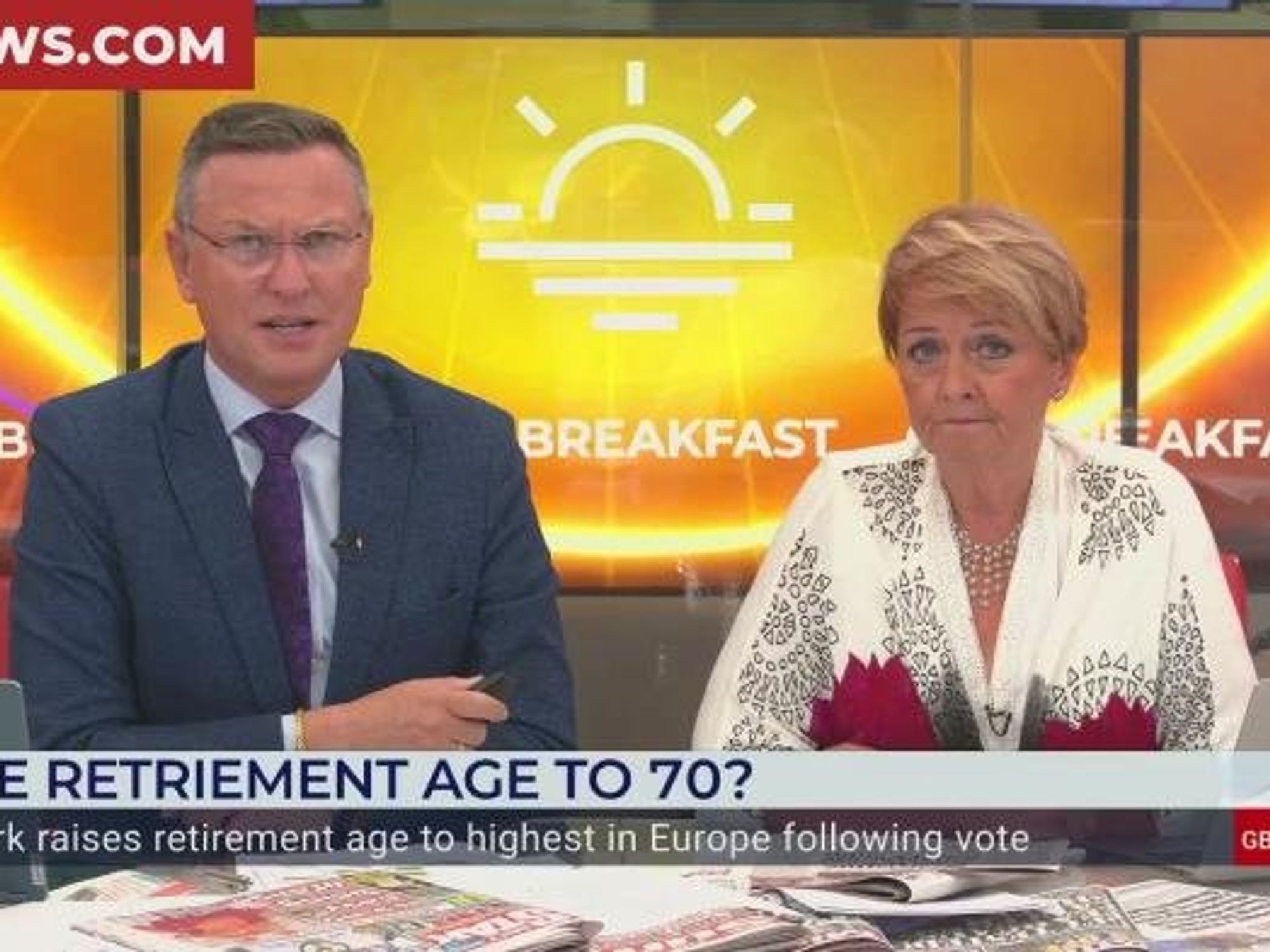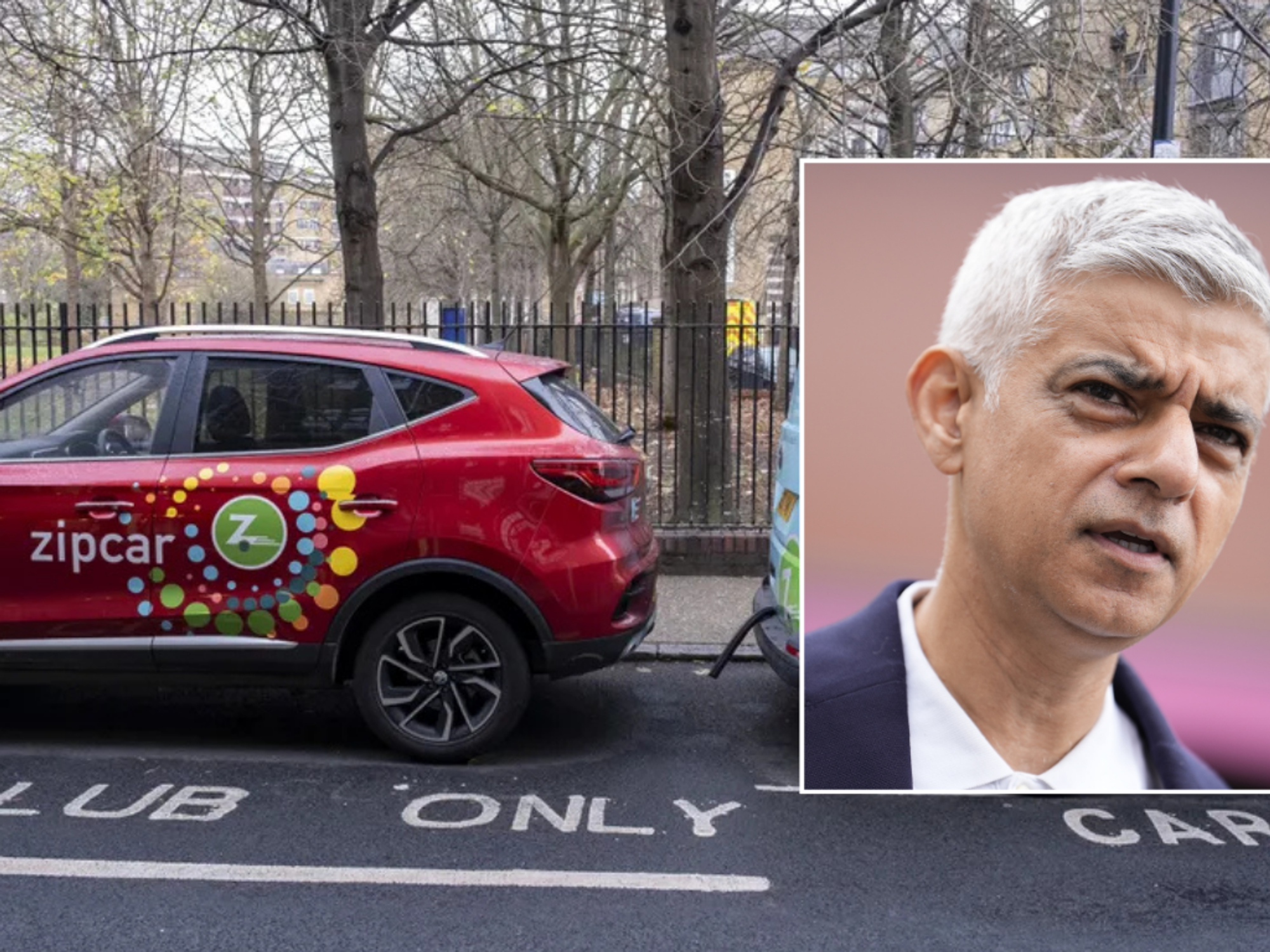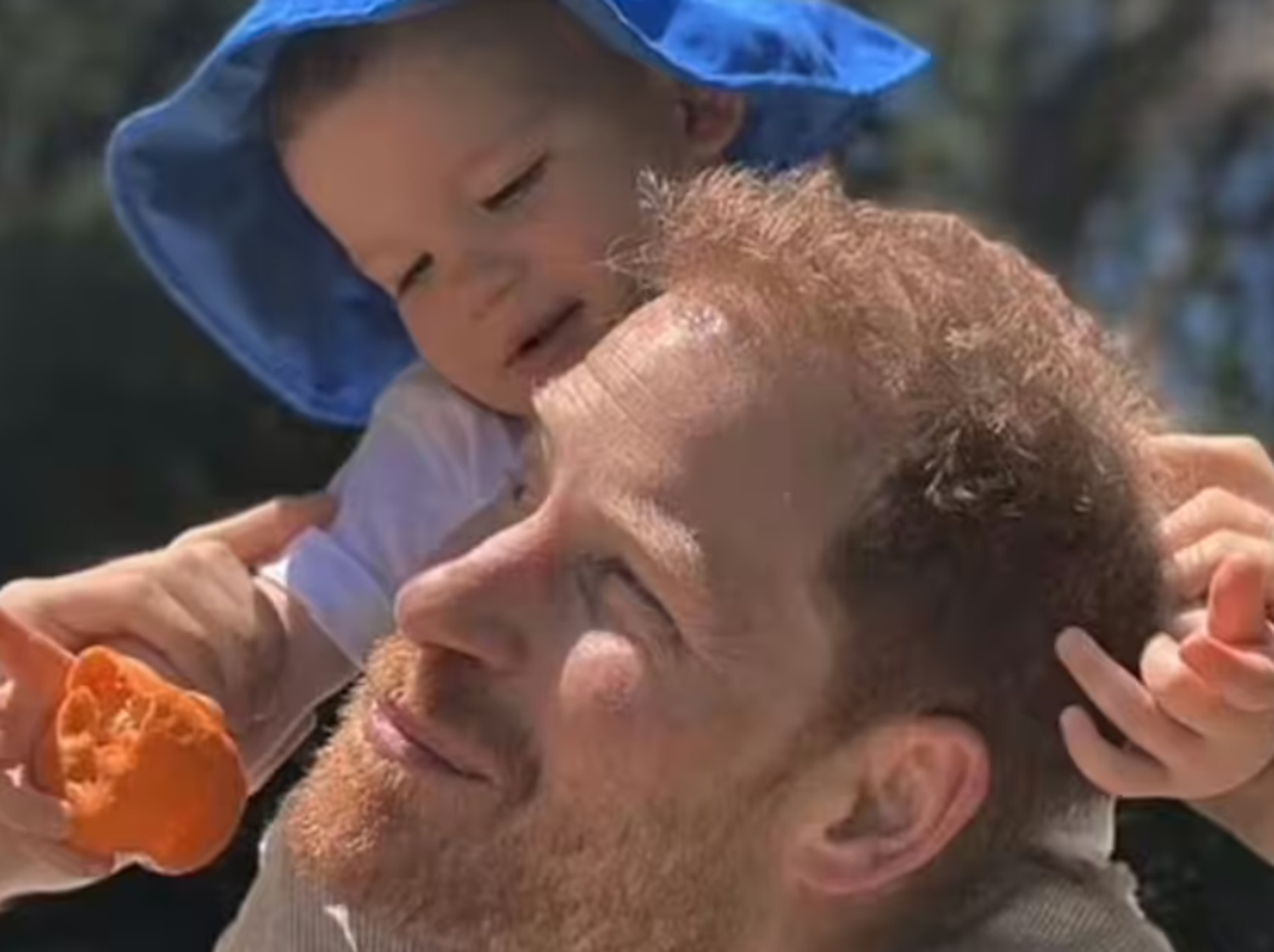Drivers face huge £1,000 fine for not wearing glasses with millions at risk this winter
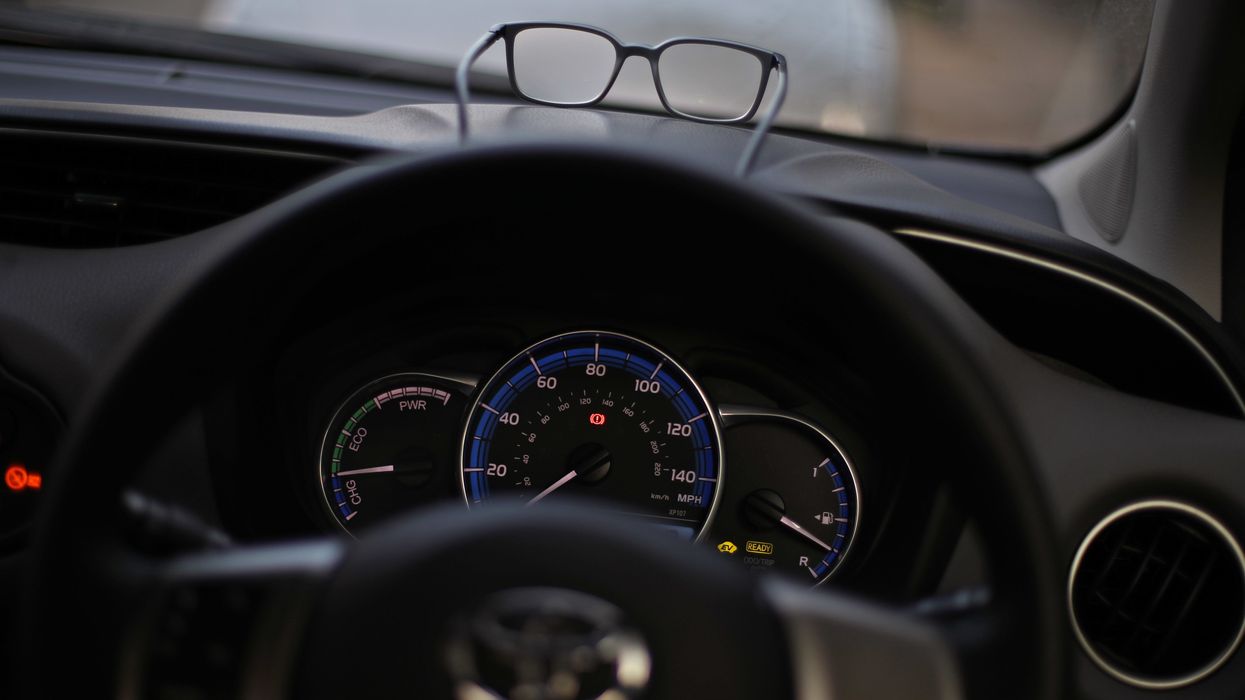
Drivers could face a £1,000 fine by not wearing their glasses
|PA

Motorists should be able to read a number plate from 20 metres
Don't Miss
Most Read
Latest
New data has found that millions of drivers could face huge fines for not wearing their glasses, with almost two-thirds avoiding the roads when it’s dark outside.
The College of Optometrists has issued a warning for drivers ahead of October 29, when the clocks go back, with days getting shorter and nights getting longer.
Three in five motorists need glasses to drive, but 24 per cent of these people admit they do not wear them when at the wheel.
This could have a potentially catastrophic impact on their ability to be safe on the roads and protect themselves and other motorists.
WATCH NOW: Drivers not paying attention to the road face fines
Some of the biggest challenges when driving at night include bad weather like rain and fog, not being able to see potholes and becoming more tired behind the wheel.
Almost one-fifth of drivers are worried about not being able to see a cyclist and 17 per cent are concerned they would miss a pedestrian.
Drivers can be hit with a £1,000 fine and three penalty points if they do not meet minimum eyesight standards.
To be able to drive, people must be able to read a car number plate made after September 1, 2001, from 20 metres.
Rule 92 of the Highway Code informs drivers of the minimum standards they need to follow to be safe on the roads.
It states: “You MUST be able to read a vehicle number plate, in good daylight, from a distance of 20 metres (or 20.5 metres where the old style number plate is used).
“If you need to wear glasses (or contact lenses) to do this, you MUST wear them at all times while driving. The police have the power to require a driver to undertake an eyesight test.”
Similarly, Rule 93 and 94 instructs drivers to slow down, and if necessary stop, if they are dazzled by bright sunlight.
When driving at night or in poor visibility, motorists should not use tinted glasses, lenses or visors if they restrict their vision.
Winter can be particularly problematic for drivers with people getting dazzled by the sun and 28 per cent saying their eyes water more frequently in the colder temperatures.
The Association of Optometrists informed the DVLA about potential issues with the original list of updates, which the AOP said would apply to “most, if not all, drivers”.
A number of eye conditions were moved from the list, including optic neuritis, retinal treatment, tunnel vision and usher syndrome.
A DVLA spokesperson told GB News: “Drivers should notify DVLA of the onset or worsening of any medical condition that could affect their driving.”
LATEST DEVELOPMENTS:
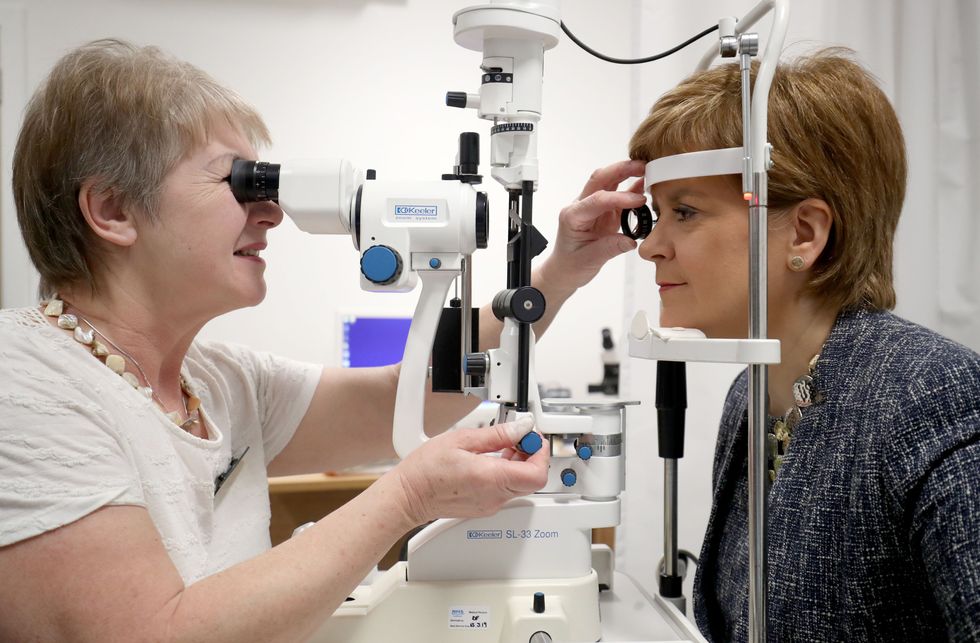
Experts are urging drivers to get their eyes checked if they are concerned
|PA
Drivers should tell the DVLA about their eyesight conditions if they have: blepharospasm, cataracts, diabetic retinopathy (with laser treatment), diplopia (double vision), glaucoma, loss of an eye, macular degeneration, monocular vision (sight in one eye only), nyctalopia (night blindness), visual field defects and other related conditions.





